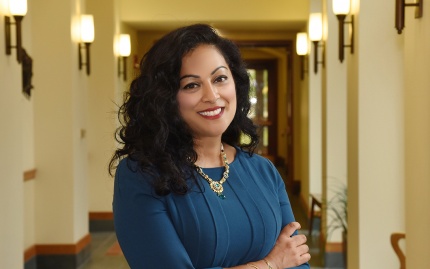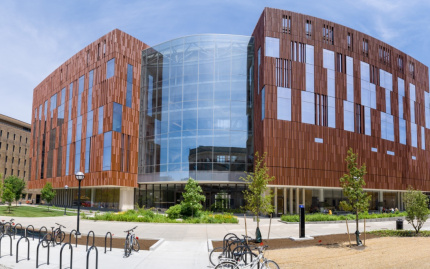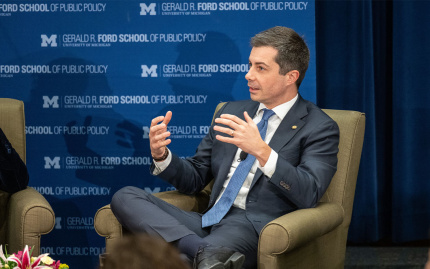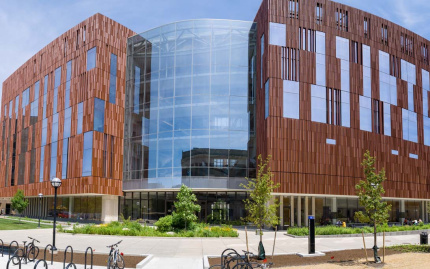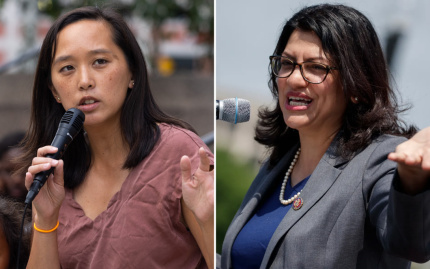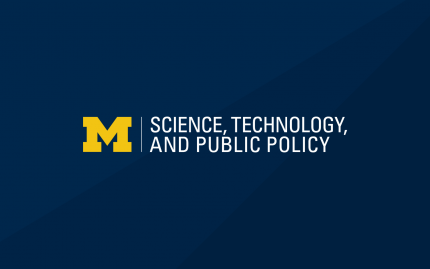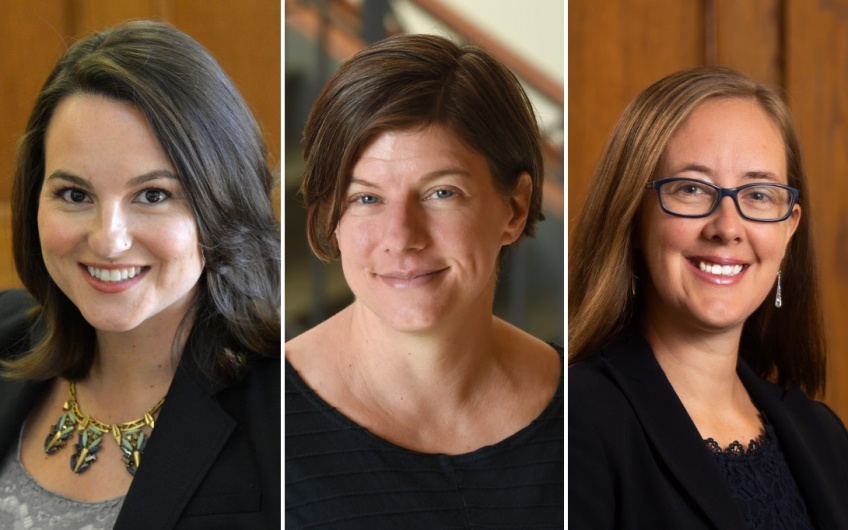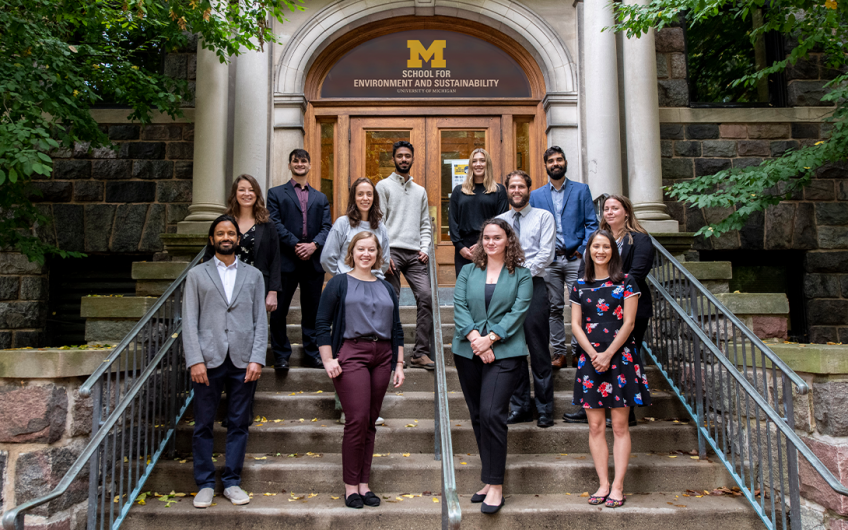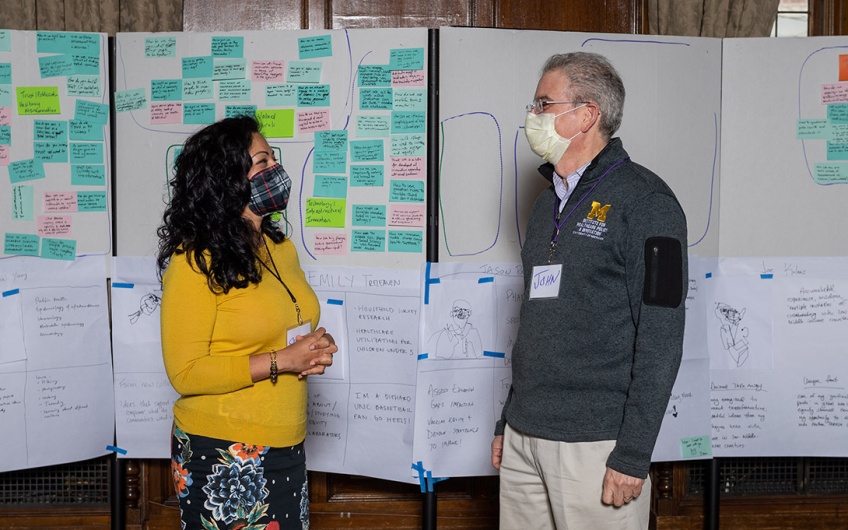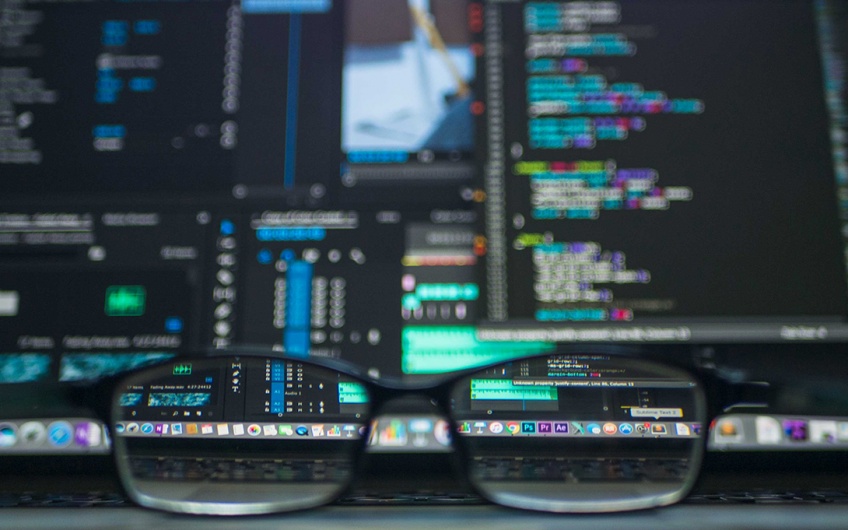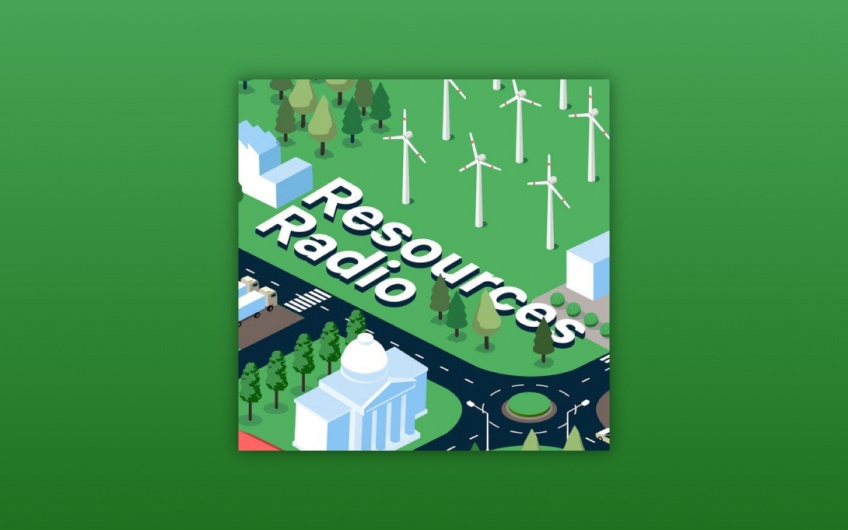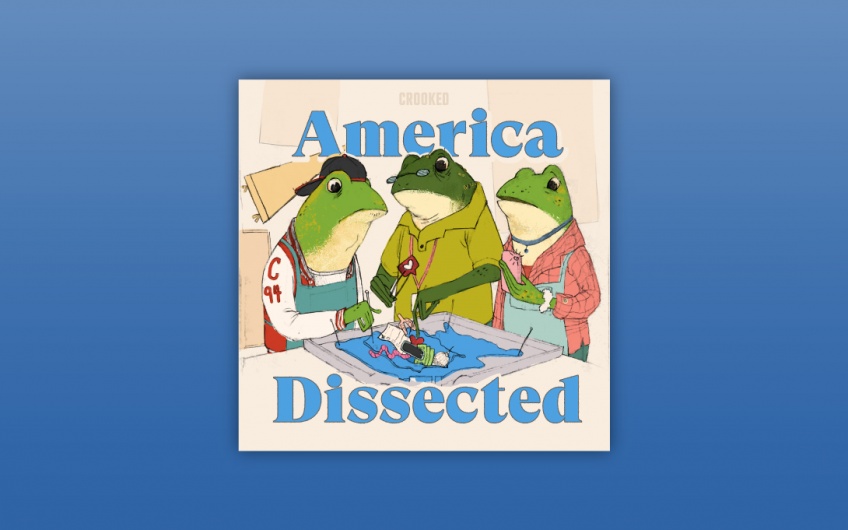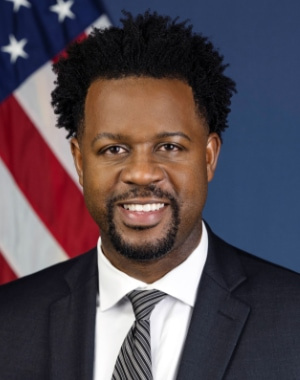Science and technology policy
Urgent questions at the intersection of science, technology, and public policy are shaping nearly every aspect of our society. Science and technology policies shape transportation, communication, public safety, social services, and much more.
And scientific innovation, from its development to regulation, has significant equity implications. We need policy professionals who can navigate the social, ethical, and economic implications of vaccine equity, algorithms, big data, surveillance technology, climate change, and more—and who have the skills to design policies that advance shared values and maximize public benefit.
From rigorous research to training a cadre of public policy specialists, the Ford School helps shape science and technology for the public good.
Our one-of-a-kind Science, Technology, and Public Policy program brings a rigorous interdisciplinary lens and community wisdom to understand the benefits and risks of emerging technologies on marginalized communities and translates what we've learned to policymakers, engineers, scientists, and civil society to produce more equitable and just science, technology, and related policies. If you have any questions about the STPP Program, email [email protected].
How can we think more creatively to make sure that artificial intelligence achieves its potential but is not used to systematically harm people who are marginalized?"
Shobita Parthasarathy, Professor of Public Policy and Director of the Science, Technology, and Public Policy program
Science and technology research in brief
Shobita Parthasarathy
"We are not accustomed to thinking about equity in the context of innovation. But in recent years, we have begun to recognize that marginalized communities (including those who are low-income and those who come from historically disadvantaged communities of color) are often unable to access the benefits of science and technology, but may be disproportionately subject to the harms."
Podcasts
Robert Hampshire
Related videos
Watch all-
Algorithmic Discrimination & Fairness: Reducing the Gap Between the Legal & Technical? Dec 6, 2022
-
Cultivating socially responsible engineers Mar 21, 2022
-
Kumar Garg: Science for the people Jan 26, 2022
-
Fatima Hassan: Global vaccine equity and health justice Dec 6, 2021
-
Jacqueline Patterson: Environmental and climate justice Sep 27, 2021
-
